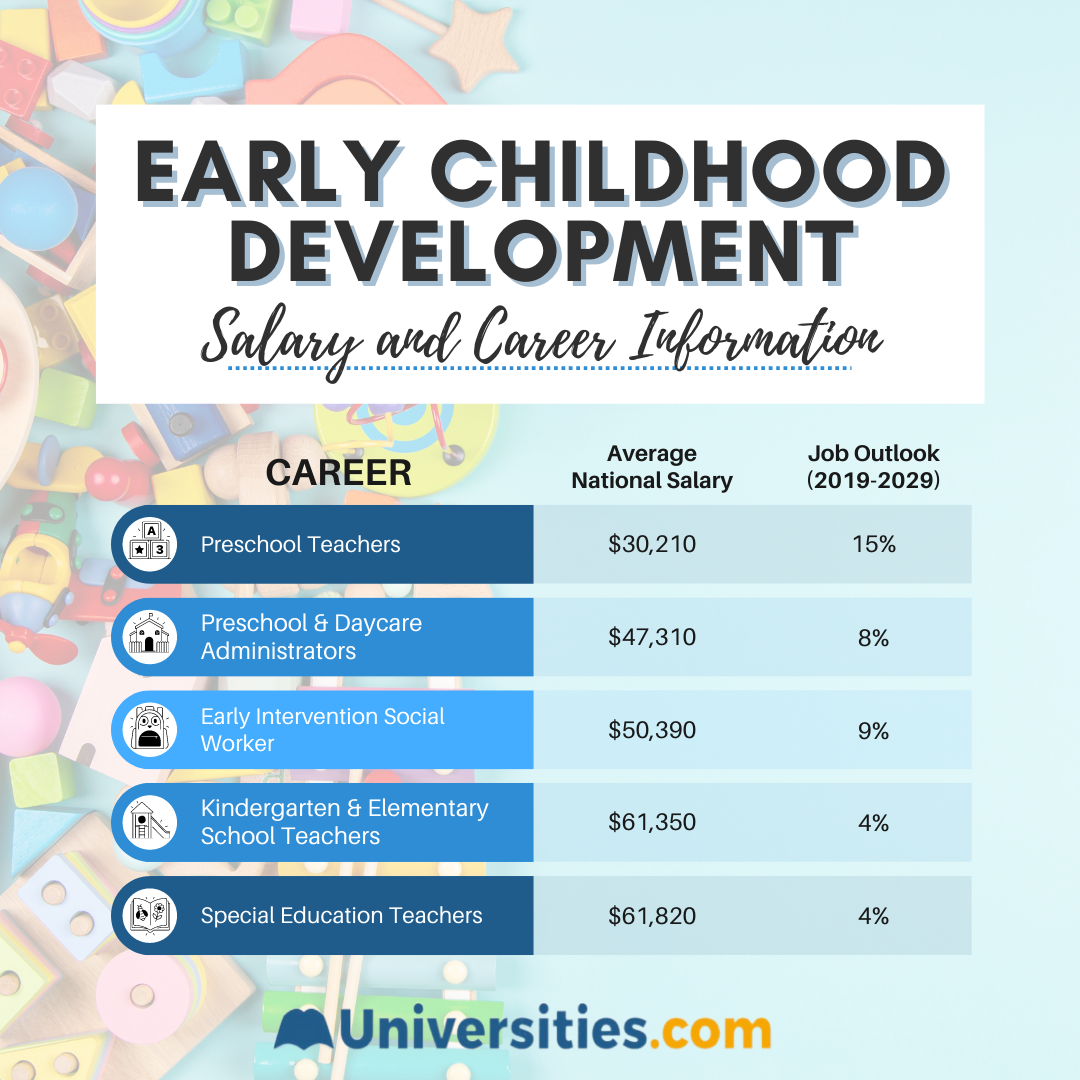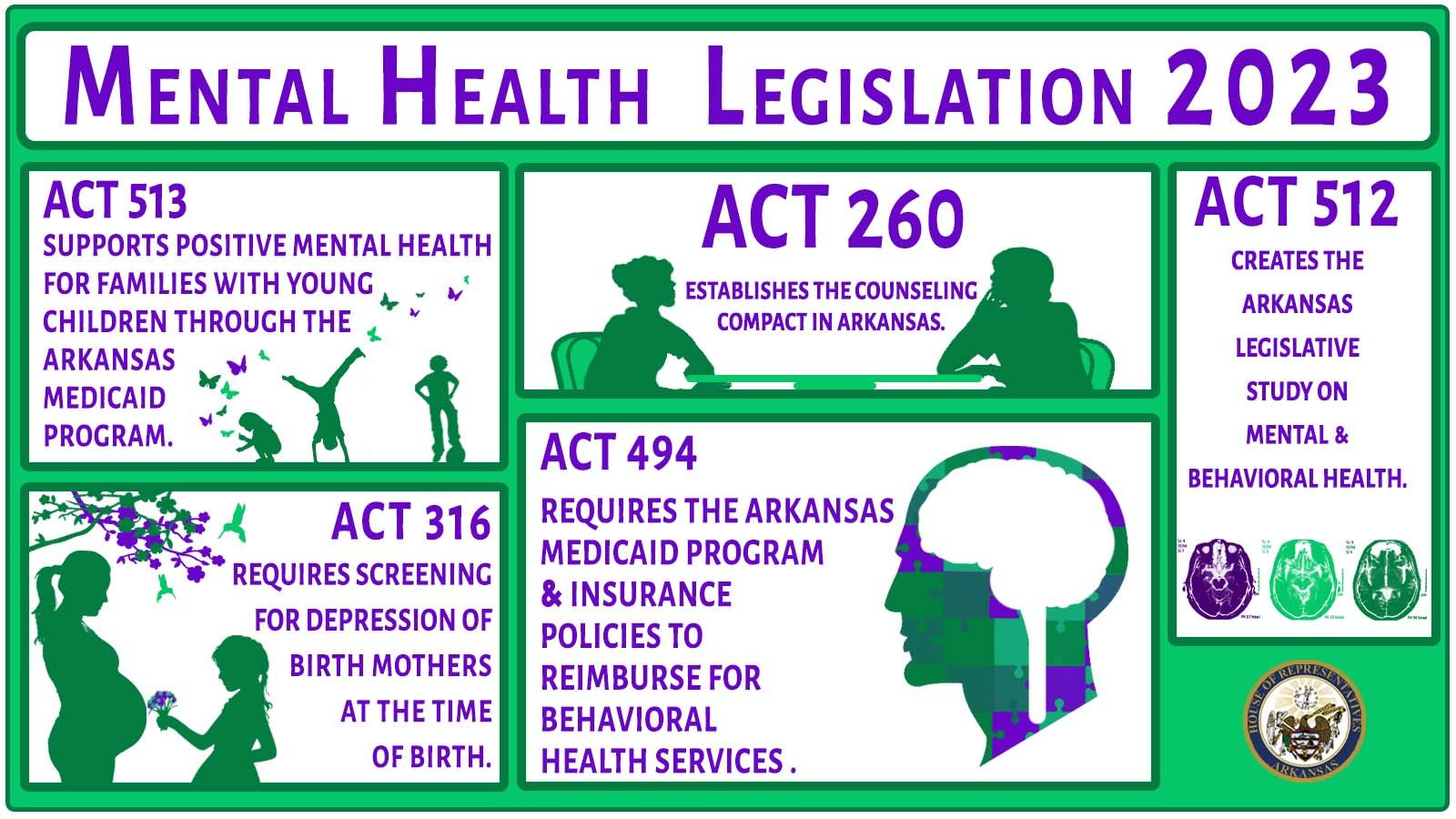Investing In Early Childhood Development: A Foundation For Strong Mental Health

Table of Contents
The Developing Brain and Mental Health
Neuroplasticity in Early Childhood
Neuroplasticity, the brain's ability to reorganize itself by forming new neural connections throughout life, is particularly pronounced during early childhood. This makes the early years a critical period for brain development, a sensitive period where experiences profoundly shape brain structure and function.
- Positive experiences, such as loving relationships and stimulating environments, foster the growth of healthy neural pathways, promoting emotional regulation, cognitive skills, and social competence.
- Conversely, negative experiences like neglect, abuse, or trauma can disrupt brain development, leading to altered brain structures and increased vulnerability to mental health problems later in life. These early brain development impacts can have lasting consequences.
Keywords: Brain development, neuroplasticity, early brain development, sensitive periods
The Impact of Adverse Childhood Experiences (ACEs)
Adverse Childhood Experiences (ACEs) are potentially traumatic events occurring before the age of 18. These experiences significantly increase the risk of various mental health issues throughout life.
- Examples of ACEs include physical, emotional, or sexual abuse; neglect; domestic violence; parental separation or divorce; and substance abuse in the household.
- ACEs can lead to disruptions in brain development, affecting areas responsible for emotional regulation, stress response, and social interaction. This can manifest as anxiety, depression, PTSD, substance abuse, and other mental health challenges later in life. Understanding the impact of childhood trauma is essential.
Keywords: Adverse childhood experiences, ACEs, trauma, mental health risks, childhood trauma
The Role of Nurturing Relationships in Mental Health
Secure Attachment and Emotional Regulation
Secure attachment, the bond between a child and their primary caregiver characterized by trust and security, is fundamental for developing healthy emotional regulation skills.
- Characteristics of secure attachment include consistent responsiveness from caregivers, providing a safe haven during distress, and a secure base for exploration.
- Children with secure attachments are better equipped to manage their emotions, cope with stress, and build healthy relationships throughout their lives. This emotional resilience is a crucial protective factor against mental health problems.
Keywords: Secure attachment, emotional regulation, caregiver-child relationship, emotional resilience
The Power of Positive Interactions
Positive interactions, play, and responsive caregiving are vital for fostering healthy social-emotional development and cognitive growth.
- Responsive caregiving, where caregivers attentively respond to a child's needs and cues, creates a secure and predictable environment that promotes emotional security and reduces stress.
- Play-based learning provides opportunities for children to explore their world, develop problem-solving skills, and build social skills. These positive interactions are fundamental for reducing the risk of future mental health challenges.
Keywords: Positive parenting, responsive caregiving, play-based learning, social-emotional development
Investing in Early Childhood Development Programs and Interventions
Evidence-Based Early Intervention Programs
Numerous evidence-based early intervention programs demonstrate the effectiveness of investing in early childhood development.
- Home visiting programs, which provide support to families during the crucial early years, improve parenting skills and create nurturing environments.
- High-quality early childhood education programs offer enriched learning experiences that promote cognitive development, social-emotional skills, and school readiness, contributing significantly to mental health outcomes.
- Parent training programs equip parents with the skills and knowledge to effectively nurture their children, building strong and secure relationships. Many of these programs have proven cost-effectiveness in the long run, preventing costly mental health interventions later in life.
Keywords: Early intervention programs, home visiting, early childhood education, parent training, cost-effectiveness
Access to Quality Childcare and Healthcare
Access to affordable and high-quality childcare and healthcare services is crucial for ensuring that all children have the opportunity to thrive.
- Barriers to access, such as cost, availability, and geographic location, disproportionately affect vulnerable populations, widening existing inequalities in early childhood development.
- Investing in affordable childcare and accessible healthcare services is vital for promoting equity and ensuring that all children have the chance to develop to their full potential. Ensuring child health is an integral part of investing in early childhood development.
Keywords: Affordable childcare, healthcare access, child health, equity in early childhood development
Conclusion
Investing in early childhood development is not merely a social responsibility; it's a strategic investment in a healthier and happier future. We've seen how early experiences significantly shape brain development and mental well-being, emphasizing the crucial role of nurturing relationships and positive interactions. Evidence-based early intervention programs and access to quality childcare and healthcare are essential components of this investment. Let's advocate for policies and programs that support early childhood development and mental health. Donate to relevant charities, volunteer your time at local organizations, and contact your elected officials to express your support for improved access to early childhood development services. Invest in early childhood development—it's an investment in a brighter tomorrow. Let's make early childhood development a priority, creating a future where every child has the opportunity to flourish mentally and emotionally. Investing in our children's future is investing in our collective future.

Featured Posts
-
 Trust Care Health Announces Mental Health Treatment Expansion
May 02, 2025
Trust Care Health Announces Mental Health Treatment Expansion
May 02, 2025 -
 Building A Brighter Future Investing In Childrens Mental Health Today
May 02, 2025
Building A Brighter Future Investing In Childrens Mental Health Today
May 02, 2025 -
 Gewinnzahlen Lotto 6aus49 Mittwoch Den 9 4 2025
May 02, 2025
Gewinnzahlen Lotto 6aus49 Mittwoch Den 9 4 2025
May 02, 2025 -
 Daily Lotto Results Wednesday 16 April 2025
May 02, 2025
Daily Lotto Results Wednesday 16 April 2025
May 02, 2025 -
 Medvedev Minacce Nucleari E Il Dibattito Sulla Russofobia In Europa
May 02, 2025
Medvedev Minacce Nucleari E Il Dibattito Sulla Russofobia In Europa
May 02, 2025
Latest Posts
-
 Five Potential Pitfalls For Reform Uk Analyzing Nigel Farages Party
May 03, 2025
Five Potential Pitfalls For Reform Uk Analyzing Nigel Farages Party
May 03, 2025 -
 Nigel Farages Reform Uk Five Threats To Its Future Success
May 03, 2025
Nigel Farages Reform Uk Five Threats To Its Future Success
May 03, 2025 -
 Reform Uks Struggle For Survival Five Reasons For Concern
May 03, 2025
Reform Uks Struggle For Survival Five Reasons For Concern
May 03, 2025 -
 Exploration De La Serie Joseph Tf 1 Et Son Intrigue La Creme De La Crim
May 03, 2025
Exploration De La Serie Joseph Tf 1 Et Son Intrigue La Creme De La Crim
May 03, 2025 -
 La Creme De La Crim L Impact De Joseph Sur Tf 1
May 03, 2025
La Creme De La Crim L Impact De Joseph Sur Tf 1
May 03, 2025
